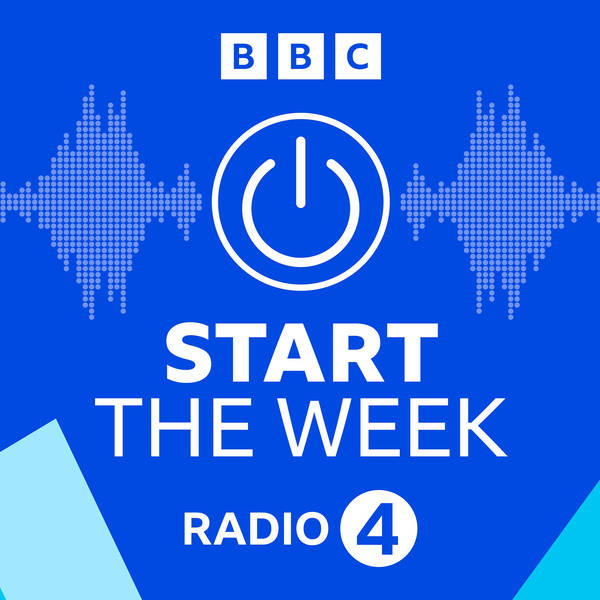
Shame, Status and Self-invention
Tina Brown was an Englishwoman barely out of her twenties when she arrived in New York. She transformed herself into a star magazine editor, at the helm of Vanity Fair and later the New Yorker. She tells Amol Rajan how the backstabbing and status-driven world of American politics allows figures like Donald Trump to triumph.
Didier Eribon is one of France's leading philosophers and the biographer of Foucault. But he has only just "come out" as working class. In his memoir Returning to Reims he asks why social status is still toxic in Europe today. And he gives a damning account of how the French working class shifted their loyalty from the Communist Party to Marine Le Pen's National Front.
Frida Kahlo is a communist icon. As one of the world's most marketable faces she has even appeared on Theresa May's bracelet. Kahlo had a keen sense of her own image from an early age, and painted endless self-portraits. But she was also ashamed of her body and the accident that had left her unable to bear a child. As a blockbuster exhibition opens at the Victoria and Albert Museum, author Miranda France unpicks Kahlo's slippery reputation.
A governess arrives at a grand country house and is terrified by the sexual freedom she encounters, in Benjamin Britten's opera The Turn of the Screw. Timothy Sheader directs a new production for Regent's Park Theatre and the English National Opera. He explains how a ghost story about a boy seduced by a powerful working man enabled Britten to address the shame and criminality of homosexuality in 1950s Britain.
Producer: Hannah Sander.
